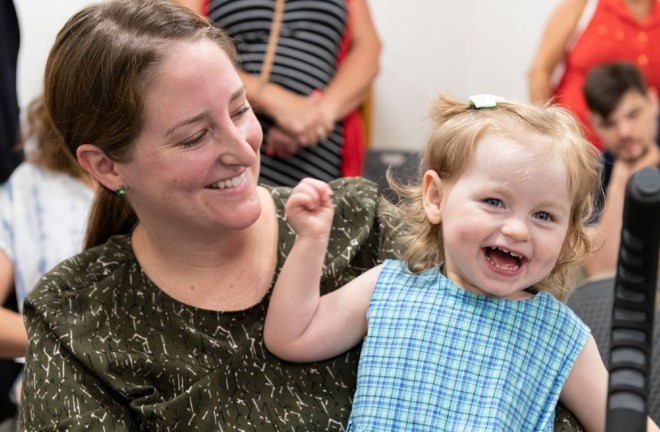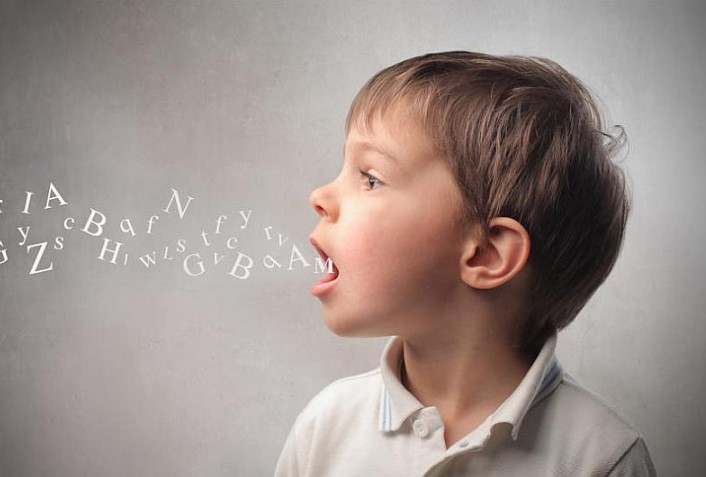Kids On A Diet: Good Or Bad?
.jpg)
When it comes to kids being healthy, parents want the best for them. If they notice that their children are putting on weight, the instinct is to help them get the extra weight off to save them from ridicule and from any health problems that come from being overweight or obese. Most times, this help comes in the form of putting kids on a diet. And unfortunately, by doing this, according to Michigan State University Office of the University Physician, all they are doing is setting their kids up for a lifetime of a troubling relationship with food. As such, kids should never be on a diet.
The vast majority of adults who have gone on diets will keep the weight off short term. In the long term, however, not only will they put the weight back on but they will put on more weight than they lost, according to a 2007 study. Yet, when they see their kids putting on weight, they think that there will be a different outcome for them. Unfortunately, this is not the case. Instead, they start the cycle of dieting and a relationship with food that turns what is eaten into something much greater than what it should be, which is nutrition. Foods are labeled as “good” or “bad,” restrictive eating occurs, and this wreaks havoc on the body both mentally and physically.
Here is why kids should never go on a diet.
When Kids Diet It Can Lead To Poor Self-Esteem
Until it is pointed out to them, kids do not pay attention to the shape of their bodies. So much so, that according to NPR, a 2014 report from the Centers for Disease Control found that over three-quarters of kids who were considered “overweight” did not realize that they were. Instead, they believed that they were “about right” with where they should be with their weight.
Kids do not see their weight as an issue until their parents see their weight as an issue. And unfortunately, while it is done unintentionally, most of the time when the issue of weight is brought up it is done so in a manner where kids feel “shamed” into having to diet. When this happens, according to a 2018 study, kids’ self-esteem is lowered and they are at a greater risk to have body dissatisfaction for a lifetime.
When Kids Diet It Can Lead To Disordered Eating
Eating disorders have been on the rise for years and those who are afflicted by them are getting younger as well. And while there may be pressures from society or friends to look a certain way, those influencers are not going to be what pushes kids to the point of anorexia, bulimia, or overeating. It is parents who encourage dieting that will trigger eating disorders instead.
According to a 2019 study, when parents pressured their kids to diet, 41 percent of the participants went on to participate in “extreme weight control behaviors,” into adulthood. As such, because there was such an intense focus on kids’ weight by their parents, that too became the focus of the kids. But, while parents were trying to get kids to become more aware of being healthy, kids instead, according to the study, internalized the shame they felt for the way they looked. And this shame came out as restrictive eating or completely backfired dieting and turned into binge eating instead.
When Kids Diet They Are More Likely To Be Obese As Adults
The whole point of parents talking to their kids about their weight and putting them on a diet is to help them get the weight off so that they can grow into healthy teenagers and then adults. But, instead of this being the road that kids travel who diet at a young age, many wind up becoming obese as they age.
According to US News & World Report, when kids go on a diet, the “act of dieting, for the most part, leads to further weight problems.” Because of this, many kids will continue into adulthood with body dissatisfaction issues because they are never able to attain what their parents explained to them as being an appropriate or correct weight. And because they continue to gain weight, that dissatisfaction only continues to grow, exacerbating the condition the diet was supposed to stop in the first place.
What Parents Can Do Who Are Concerned About Child’s Weight
For parents who are concerned about their kids’ weight and want to be proactive with getting the weight to a healthier range, using the word “diet” is not the way to go about doing so. Instead, teaching kids healthy habits is the best way to not only change the way they eat as kids but build a foundation for health as they age.
According to Eat Right, the word diet should never be used. Depending upon the age of the child, it may not be appropriate to even talk about healthy food habits. Instead, per the publication, making healthier food choices available at home and changing the “lifestyle” as a family when it comes to eating habits and activity level will make a much larger impact.
As such, focusing on fun activities and making meals that are not only healthy but delicious, can help kids become healthier. In the process of making health a foundation for their lifetimes, kids will lose any weight that is placing them in the overweight or obese categories. And that will be accomplished without ever mentioning the word diet, harming self-esteem, or causing disordered eating, showing just how important it is that kids never go on a diet.
Source: Michigan State University Office of the University Physician, American Psychologist, Pediatrics, NPR, Journal of Adolescent Health, US News & World Report, Eat Right
Read Next
About The Author








